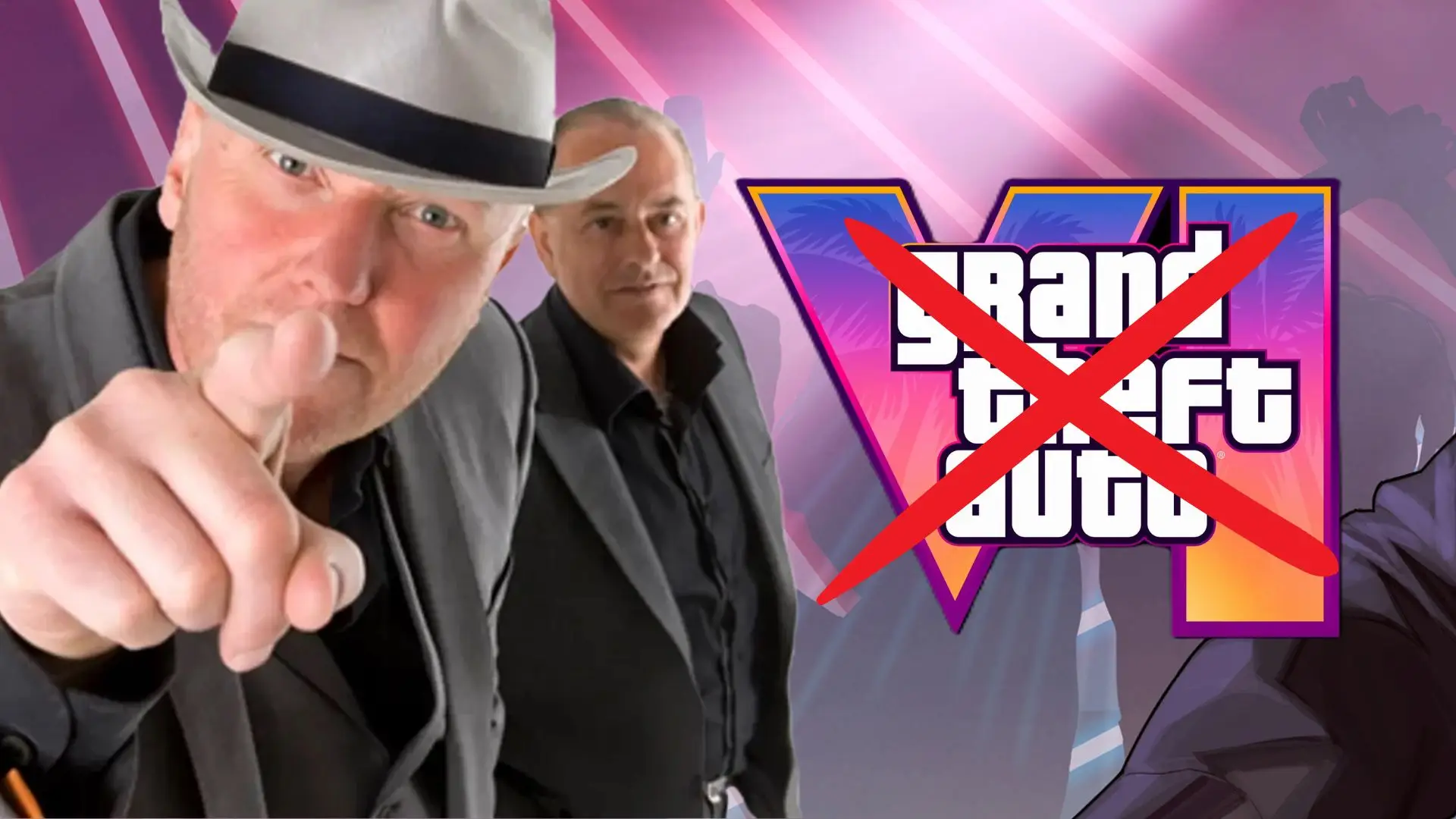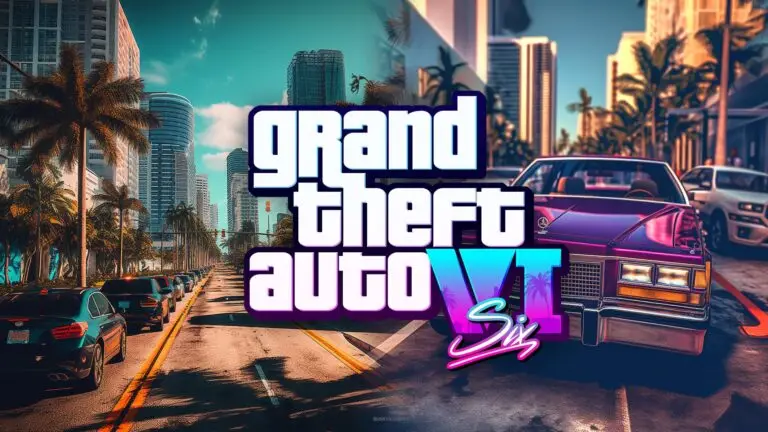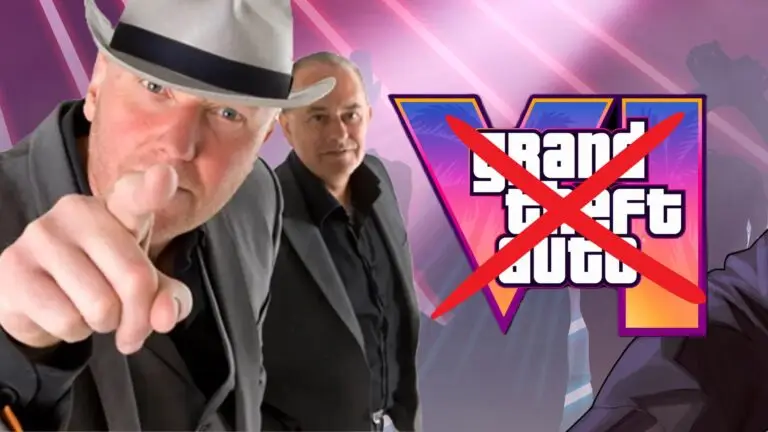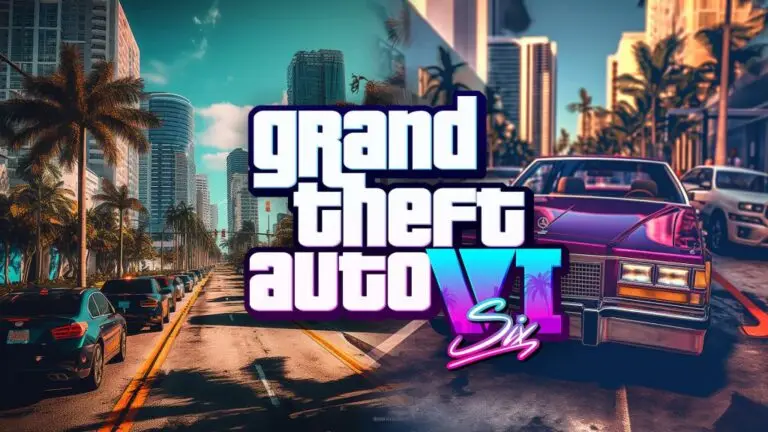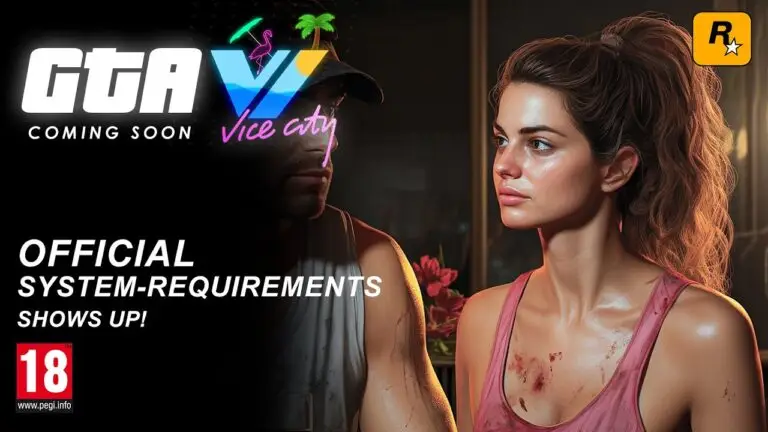Music is very important in video games to make them feel real. The ‘Grand Theft Auto’ (GTA) games, made by Rockstar Games, are famous for their many in-game radio stations with lots of different songs. These songs help players feel like they are really in the game’s world. But, something that happened recently shows how difficult it can be to get permission to use music in these games.
The Offer and Rejection
Martyn Ware, a founding member of the British bands The Human League and Heaven 17, publicly disclosed an offer from Rockstar Games to license Heaven 17’s 1983 hit song “Temptation” for the upcoming GTA 6. The proposed compensation was a one-time payment of $7,500 (approximately £5,700) for a perpetual buyout of all future royalties associated with the game’s use of the song. Ware, with over two decades of experience advocating for artists’ rights, found this offer to be “iniquitous,” especially when considering the massive revenues generated by the GTA franchise.
Financial Disparity
To provide context, “Grand Theft Auto V,” the predecessor to the anticipated GTA 6, has grossed approximately $8.6 billion since its release. In light of such substantial earnings, Ware viewed the $7,500 offer as disproportionately low. He expressed his concerns on social media, stating, “To put this in context, Grand Theft Auto [5] grossed, wait for it… $8.6 billion. Ah, but think of the exposure.”

The Exposure Argument
Some individuals suggested that featuring “Temptation” in GTA 6 could provide significant exposure for Heaven 17, potentially leading to increased streaming numbers and renewed interest in the band’s music. However, Ware countered this argument by highlighting the minimal financial returns from streaming platforms. He noted that an additional one million streams would generate only about $1,000 per songwriter, underscoring the limited monetary benefit of such exposure.
Negotiation Attempts
In an effort to reach a fair agreement, Ware’s publisher proposed a counteroffer of £75,000 for the song’s licensing rights. However, Rockstar Games declined this proposal, and no further negotiations were reported. As of now, it remains unclear whether other artists have received similar offers from Rockstar, as no others have publicly commented on their experiences.
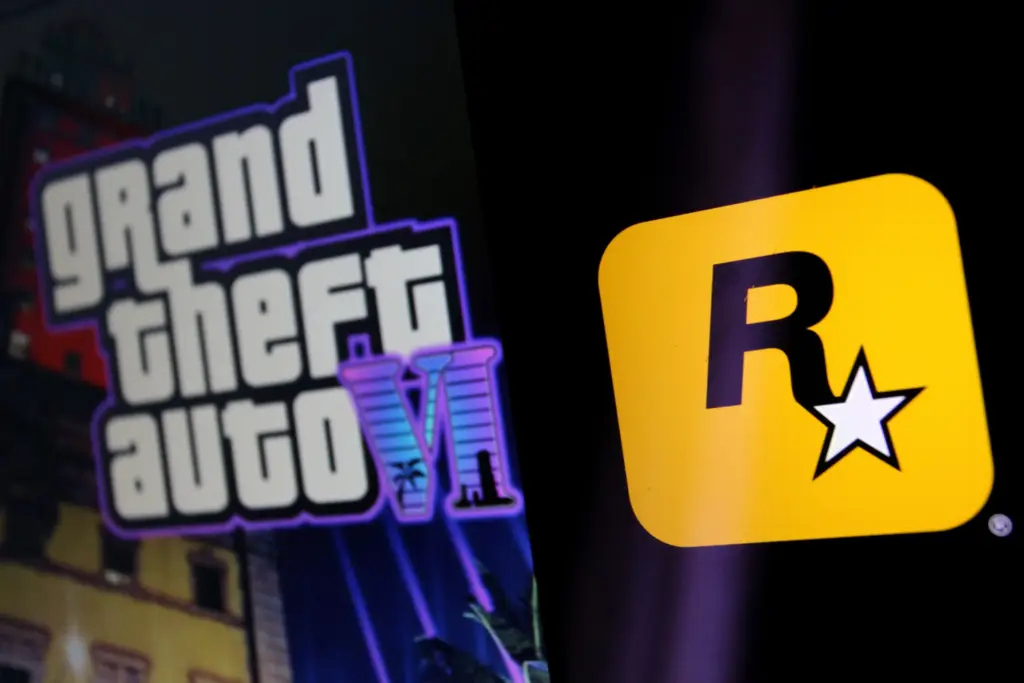
Broader Implications
This incident has sparked a broader discussion about the compensation artists receive when their work is used in highly profitable video games. The music industry has long grappled with issues related to fair compensation, especially in the digital age where streaming services often pay artists minimal amounts per stream. The situation with Rockstar Games brings these concerns into the gaming industry, prompting questions about how much value is placed on the creative contributions of musicians.
Conclusion
The rejection of Rockstar’s offer by Martyn Ware serves as a reminder of the ongoing challenges artists face in securing fair compensation for their work. As video games continue to generate substantial revenues and rely heavily on music to enhance player experience, it is imperative for game developers and publishers to engage in equitable negotiations with artists. Fair compensation not only acknowledges the value of the artists’ contributions but also fosters a more sustainable and respectful relationship between the music and gaming industries.
